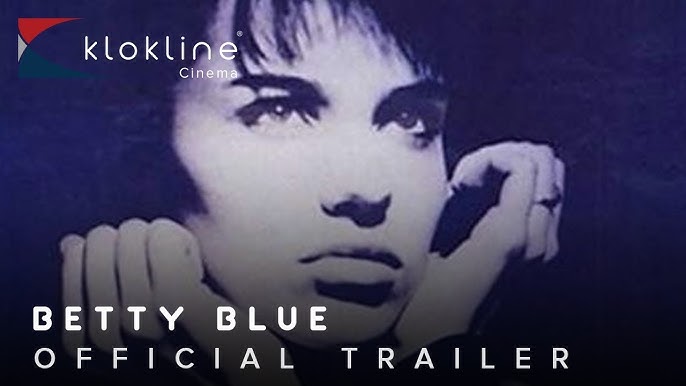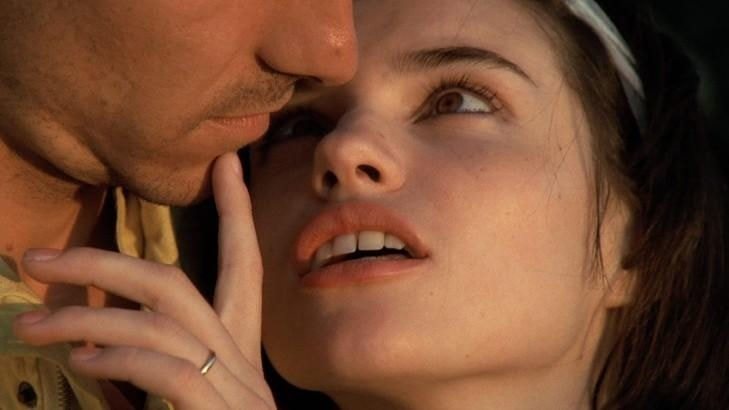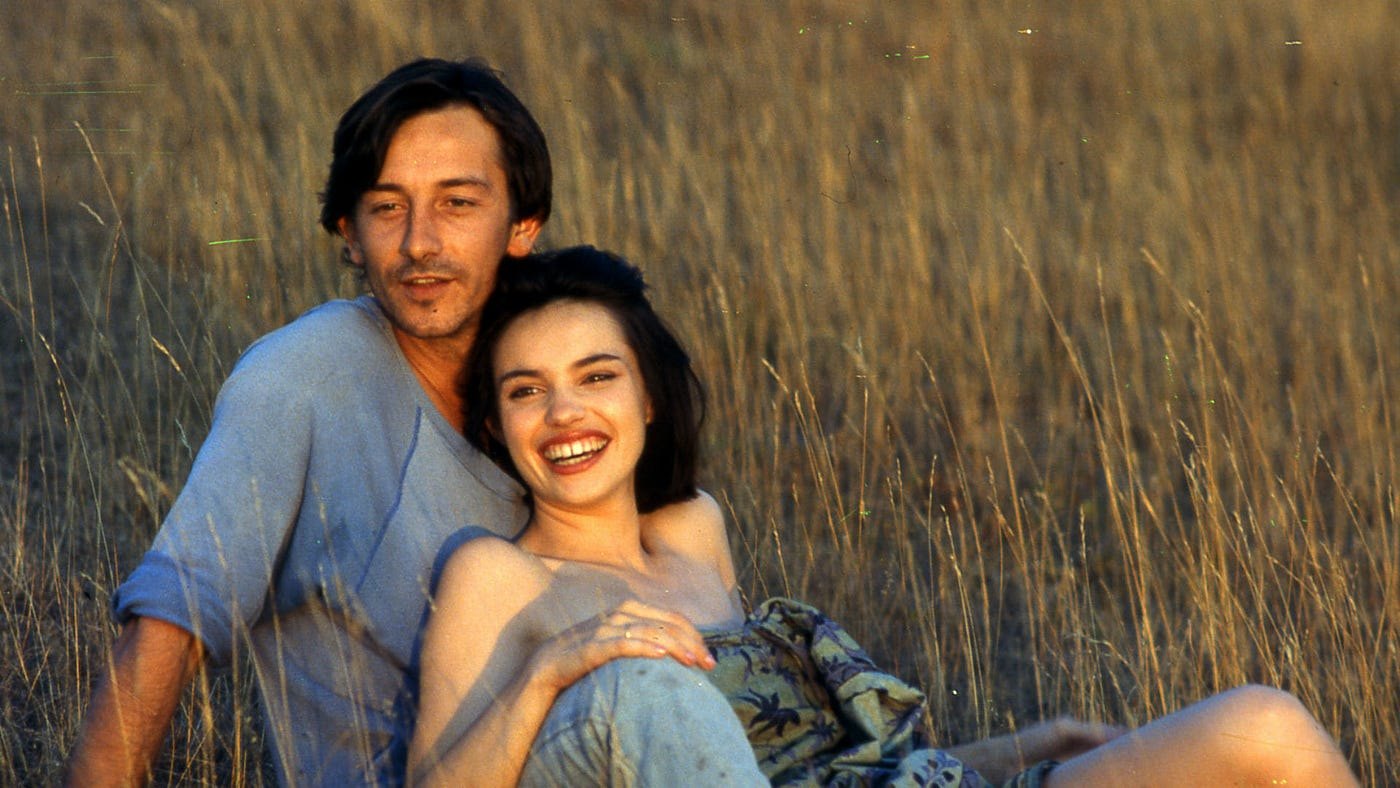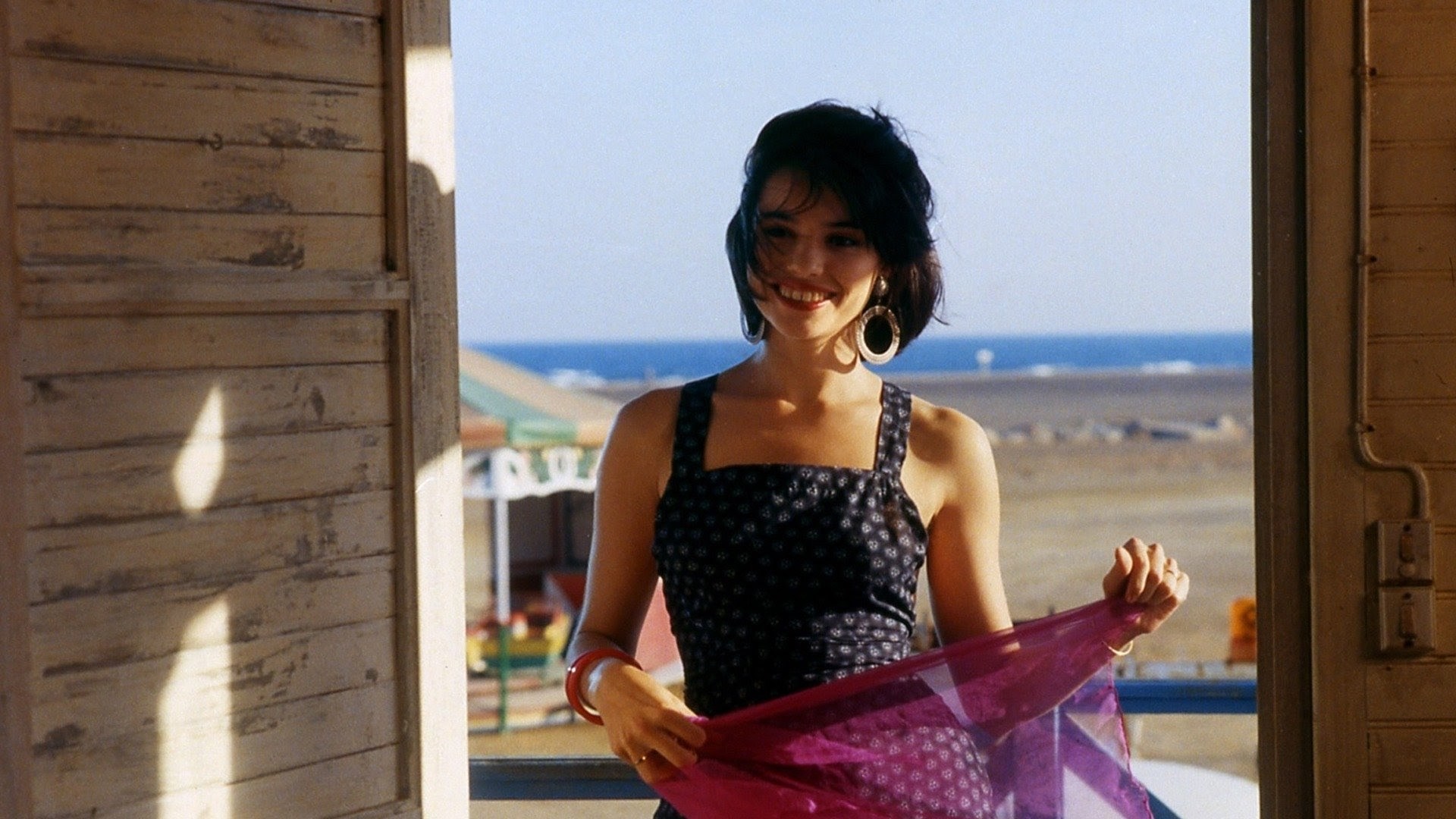Betty Blue (1986)

Betty Blue is a 1986 French psychological drama directed by Jean-Jacques Beineix, based on Philippe Djian’s novel 37°2 le matin (37.2°C in the Morning). The film explores the passionate, turbulent, and ultimately tragic relationship between a young man, Zorg (Jean-Hugues Anglade), and a beautiful, free-spirited woman, Betty (Béatrice Dalle). The film delves deep into themes of love, obsession, mental illness, and the destructive power of intense emotions, making it a provocative and unforgettable cinematic experience.
The story follows Zorg, an aspiring writer, who lives a quiet and somewhat mundane life in a small French seaside town. His life changes dramatically when he meets Betty, a vibrant and unpredictable woman with a passionate desire for love and freedom. Their relationship quickly becomes all-consuming, with Betty’s wild emotions and extreme behavior pushing Zorg to the edge. Betty’s mental instability and her intense need for affection lead to a series of increasingly destructive events, which highlight the fragility of their bond.
One of the most striking aspects of Betty Blue is its exploration of obsession and the thin line between love and madness. Betty’s erratic behavior and her obsessive attachment to Zorg serve as a metaphor for the dangers of losing oneself in an all-consuming love. As Betty’s mental state deteriorates, the film becomes a poignant examination of how unchecked emotions and personal trauma can unravel lives, drawing attention to the complexities of human relationships and the challenges of mental health.

The performances in Betty Blue are exceptional, with Béatrice Dalle delivering a captivating and unforgettable portrayal of Betty. Her raw, emotional performance brings depth and authenticity to the character, making her both a figure of sympathy and a source of tension throughout the film. Jean-Hugues Anglade complements Dalle’s performance with a nuanced portrayal of Zorg, whose love for Betty is both a source of joy and immense pain. The chemistry between the two actors is undeniable, and their performances elevate the film to an emotional level that is both haunting and powerful.

Jean-Jacques Beineix’s direction is another key strength of the film. His use of vivid cinematography, combining romantic visuals with stark, sometimes unsettling imagery, creates a striking contrast that mirrors the turbulent nature of the characters’ relationship. The film’s pace reflects the chaotic and unpredictable emotional journey of the protagonists, with moments of passion and tenderness interspersed with darker, more intense sequences. Beineix skillfully captures the beauty and pain of love, making Betty Blue both visually stunning and emotionally resonant.

In conclusion, Betty Blue is a deeply emotional and intense film that explores the complexities of love, obsession, and mental illness. Through its raw performances, striking direction, and evocative storytelling, the film offers an unforgettable portrayal of a love that is as destructive as it is passionate. Although controversial for its explicit content, Betty Blue remains a powerful and influential film in French cinema, one that continues to provoke thought and discussion about the nature of relationships and the human psyche.











